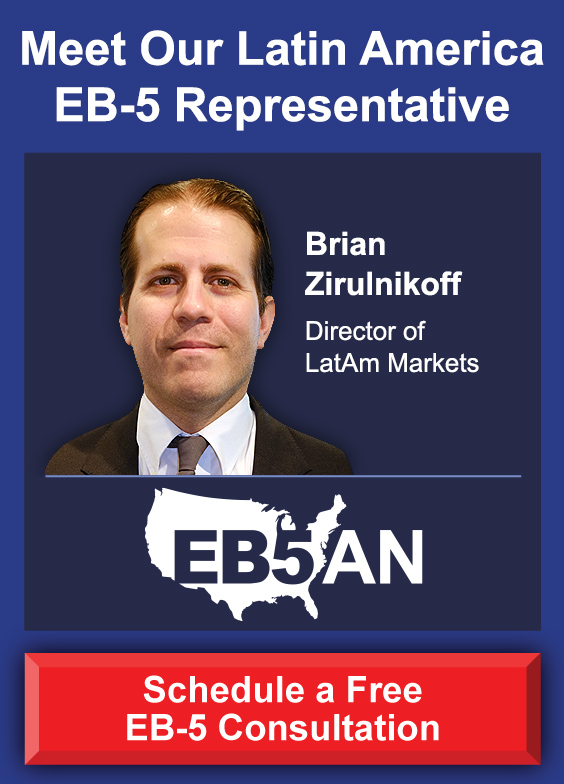The Indian government has announced a new 5% tax on remittances out of India, effective April 1, 2020. It’s not an April Fool’s joke: This new regulation will increase the cost of an EB-5 visa for Indian investors by $45,000 for an investment in a project within a targeted employment area (TEA) or by $90,000 for an investment in a project without TEA designation.
The EB-5 program is a convenient pathway to U.S. permanent residency for wealthy individuals and families around the world, with particular popularity in Mainland China, India, and Vietnam. In India, the number of investors has been growing substantially in recent years, making it the second-biggest EB-5 country.
Indian EB-5 investors have to pay tax on their EB-5 transfers eventually anyway, but they can avoid paying the additional $45,000 or $90,000 now by transferring their capital to a U.S. escrow account before April 1.
EB-5 funds can remain in an escrow account until the investor is ready to proceed with his or her investment. That means Indian EB-5 investors can comfortably transfer their capital to a U.S. escrow account while still taking the time to conduct thorough due diligence on their preferred EB-5 project. Time is of the essence for any Indian EB-5 investors who wish to avoid the new 5% tax on remittances, however.










